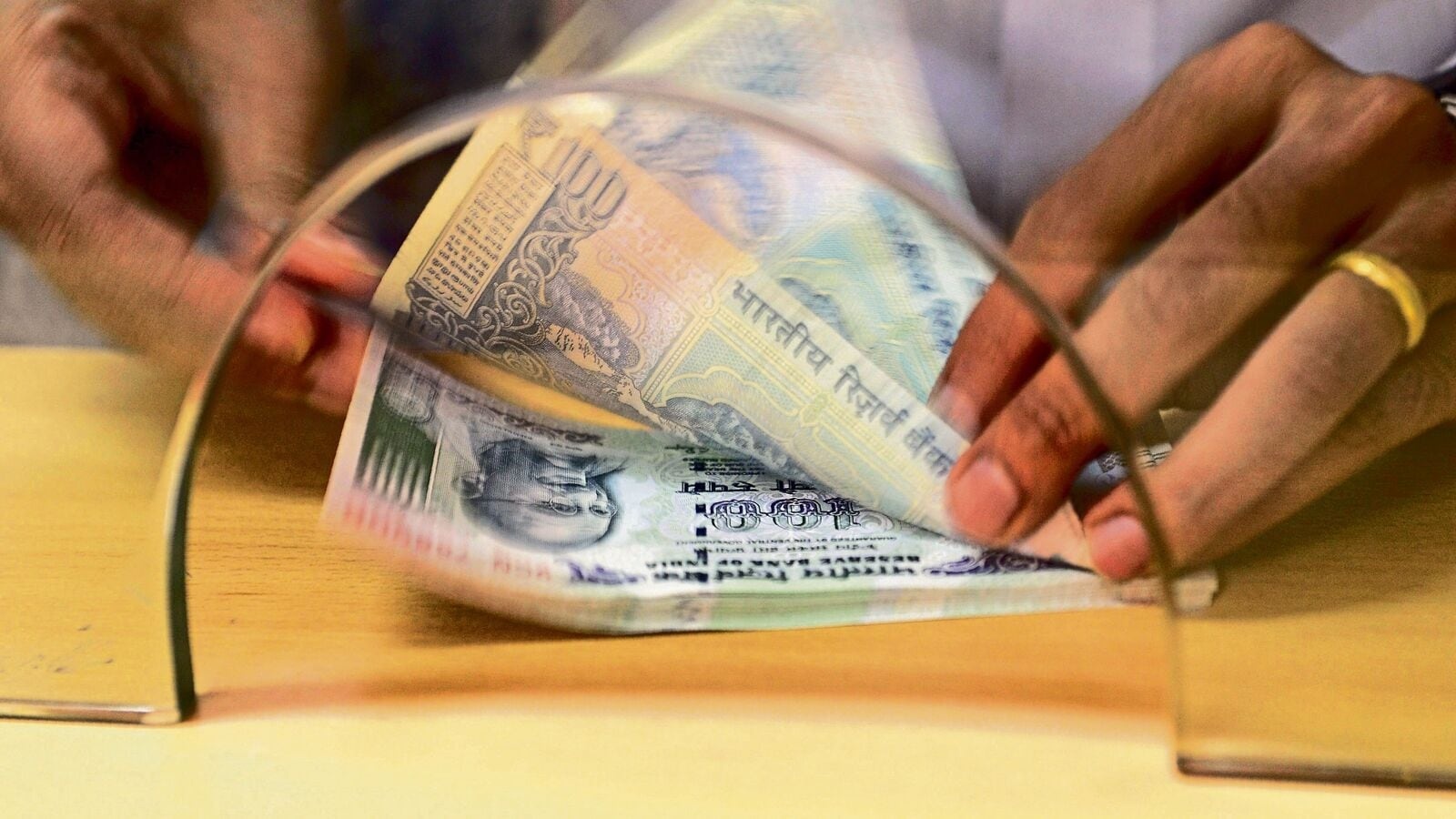
Union Cabinet Approves 8th Pay Commission for Central Government Employees
The Union Cabinet has given its nod to the establishment of the 8th Pay Commission, a move that will significantly impact the salary structures and benefits of nearly 50 lakh Central government employees and 65 lakh retirees. Union Minister Ashwini Vaishnaw announced the decision on January 16, confirming that the commission will address long-standing demands for revised pay scales and allowances. This initiative aims to align compensation with current economic conditions, including inflation adjustments for Dearness Allowance (DA). The approval comes ahead of the Budget 2025 announcements, signaling a major shift in financial planning for government workers. While the exact implementation date remains pending, sources suggest the commission will be operational by January 1, 2026. The decision underscores the government’s commitment to addressing the financial concerns of its workforce, ensuring equitable adjustments for both active employees and retired pensioners.
Key Implications of the 8th Pay Commission’s Implementation
The 8th Pay Commission is expected to overhaul pay scales, pensions, and allowances, potentially leading to substantial salary hikes for Central government employees. This follows the 7th Pay Commission’s recommendations, which introduced a fitment factor of 2.57, raising the minimum basic pay from ₹7,000 to ₹18,000 and the maximum salary to ₹2,50,000. Retirees will also see pension adjustments, with the minimum pension increasing from ₹3,500 to ₹9,000 and the maximum pension reaching ₹1,25,000. The commission’s recommendations will be finalized by 2026, ensuring that the changes are implemented before the 7th Pay Commission’s term ends on December 31, 2025. This timeline allows for thorough consultations with stakeholders, including state governments and employee unions, to ensure transparency and fairness in the process.
Historical Context and Future Outlook
The 8th Pay Commission is part of a broader trend of periodic reviews of government salaries, a practice that has been followed since 1947. The previous seven pay commissions have played a crucial role in adapting compensation structures to economic fluctuations, inflation, and evolving labor market dynamics. The current commission’s formation in 2025 reflects the government’s proactive approach to addressing the financial needs of its workforce. By setting up the commission before the 7th Pay Commission’s term ends, the government aims to avoid gaps in policy and ensure continuity. The decision also highlights the growing importance of public sector wages in maintaining economic stability and employee satisfaction. As the commission progresses, its recommendations will serve as a benchmark for future salary revisions, influencing both Central and state government employees across the country.
Challenges and Stakeholder Engagement
While the approval of the 8th Pay Commission marks a significant step, challenges remain in implementing the proposed changes. Employee unions had previously demanded a higher fitment factor of 3.68 during the 7th Pay Commission, but the government opted for 2.57, leading to a more moderate increase in salaries. The new commission will need to balance these demands with fiscal constraints, ensuring that adjustments are both equitable and sustainable. The government has emphasized the importance of stakeholder engagement, planning to hold consultations with state governments and other relevant parties. This collaborative approach is critical to addressing potential disputes and ensuring that the final recommendations reflect the needs of both employees and the public. The success of the 8th Pay Commission will depend on its ability to navigate these complexities while delivering meaningful financial benefits to millions of workers and retirees.
Impact on Public Sector and Economic Stability
The 8th Pay Commission’s recommendations are expected to have a ripple effect on the broader economy, particularly in the public sector. By revising pay scales and pensions, the government aims to enhance the purchasing power of its workforce, which can stimulate economic activity. However, the financial implications for the government must be carefully managed to avoid strain on public finances. The commission’s focus on inflation adjustments, particularly through DA, will also play a key role in mitigating the impact of rising living costs. As the commission moves forward, its ability to strike a balance between worker welfare and fiscal responsibility will be closely watched. The final implementation of these changes will not only affect individual employees but also shape the future of public sector compensation in India, setting a precedent for future policy decisions.




